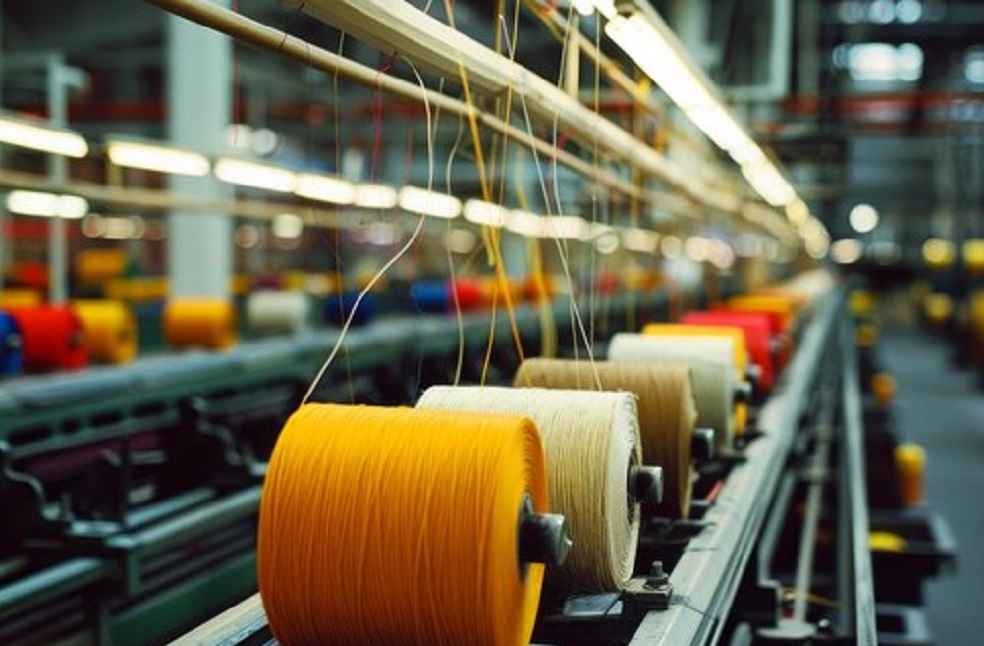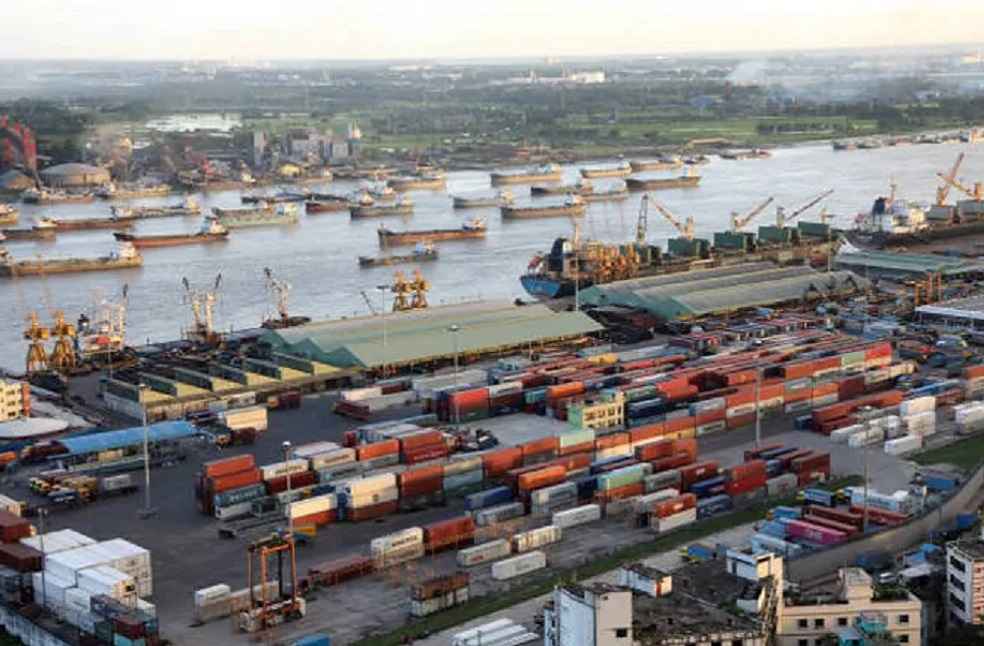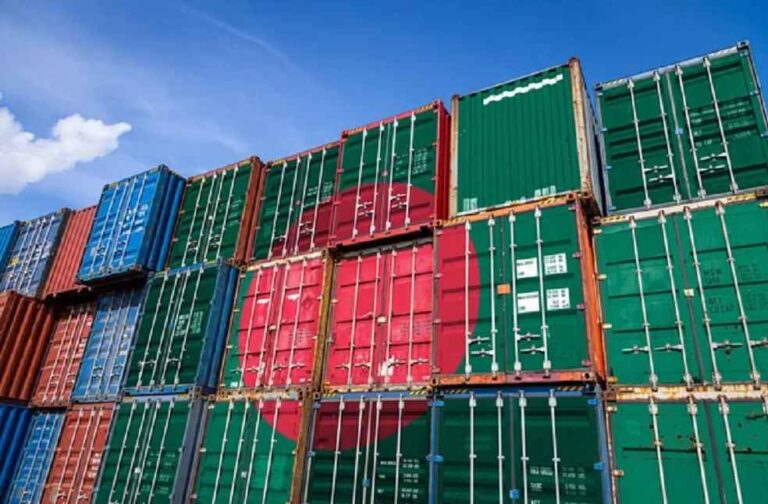India has imposed new import restrictions on several Bangladeshi goods entering through land ports, significantly escalating trade tensions between the two neighbors. The move follows Bangladesh’s April ban on land-based yarn imports from India, a key component of India’s textile exports.
On May 17, the Directorate General of Foreign Trade issued a notification restricting imports such as readymade garments (RMG), processed foods, carbonated drinks, plastic products, and wooden furniture to seaports only, specifically Nhava Sheva and Kolkata. These goods can no longer enter via land ports in the northeastern states or through West Bengal’s Phulbari and Changrabandha borders. Exemptions include items like fish, LPG, edible oil, and crushed stone.

Bangladesh, which exported roughly $700 million worth of garments to India in 2023, relied on land routes for nearly 93% of that trade. India’s northeast, heavily dependent on these trade corridors, is expected to experience significant disruptions as a result.
Indian officials cited Bangladesh’s imposition of excessive transit fees and harsh inspection protocols on Indian goods, including a recent rice export block, as contributing factors to the current restrictions. The government also noted that while Indian exports are being curtailed, Bangladeshi goods still enjoy unimpeded access to northeastern Indian markets, creating an unequal trade dynamic that hinders local industrial growth.
In response, India is pushing for greater self-reliance in the northeast under its ‘Atmanirbhar Bharat’ initiative, aiming to reduce dependency on foreign imports and stimulate domestic production.

The trade dispute has also led India to terminate a five-year arrangement that allowed Bangladesh to use Indian ports and airports for third-country trans-shipments, impacting Dhaka’s logistics capabilities.
Diplomatic efforts to resolve the yarn export ban had failed, prompting India’s retaliatory measures. The souring of bilateral ties coincides with recent political shifts in Dhaka, following the removal of the Sheikh Hasina-led government. The new interim administration under Muhammad Yunus has drawn criticism over rising violence against minorities, further straining diplomatic relations.
IMEX SECTOR | Singapore’s Pharmaceutical Exports may Gain U.S. Tariff Relief



